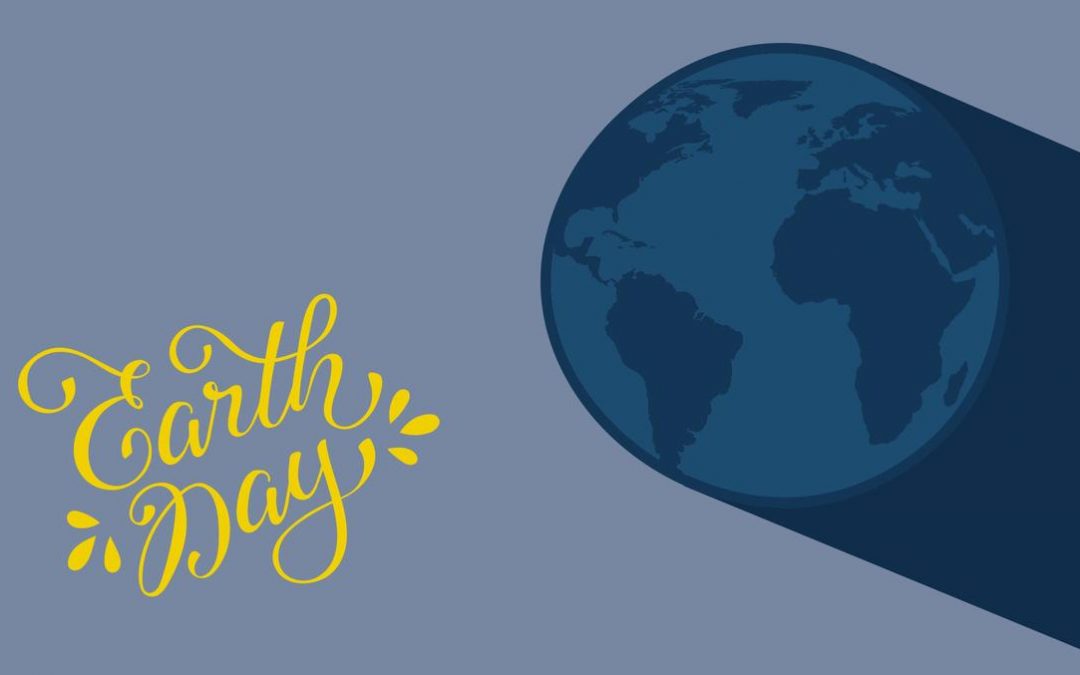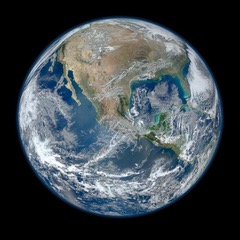The Earth Day Network proclaims that more than one billion people in 192 countries will participate in Earth day on Sunday April 22. Since it was established, in 1970, Earth Day has become a world-wide day of action involving everyday people who are concerned about the health of the planet.
This emphasis on individual action is important. Each of us has a stake in maintaining the stability and resilience of the Earth’s eco system. And among the ways individuals can act is to recycle materials they no longer need or that have served their purpose.
Count us in!
The Carton Council of Canada is among the many organizations focused on supporting recycling programs across Canada. And our top priority is ensuring Canadians know they can recycle the cartons they use every day to keep a wide range of food and beverage products such as juice, milk, broth and even wine safe at home.
Together with our partners in municipal recycling programs and other stakeholders, the CCC has invested in far-reaching awareness and education programs that have contributed to the growth of carton recycling. As of February 2018, 59 per cent of cartons were being recycled, up from 26 per cent in 2008 the year before the CCC was formed.
You can help consumers recycle more cartons
However, our research shows there’s still room to improve. Especially for aseptic cartons which consumers are less likely to recognize as recyclable. So, if you’re planning an Earth Day promotion here are some links to content your audience might enjoy and that will help us spread the word about carton recycling.
- What Exactly Is a Carton? [Quiz no longer available] Test your carton recycling knowledge.
- How Recycled Cartons Become New Products [one-minute video] shows the different products cartons can be recycled into.
This fall we will launch an Ontario-wide campaign to bolster awareness that cartons–in particular aseptic cartons for soups, broth, and other food products– are recyclable. We know public support for recycling programs has grown dramatically over the last 30 years. Citizens want to participate and do their part to keep our Earth healthy. And it continues to be our role to help them do that.



